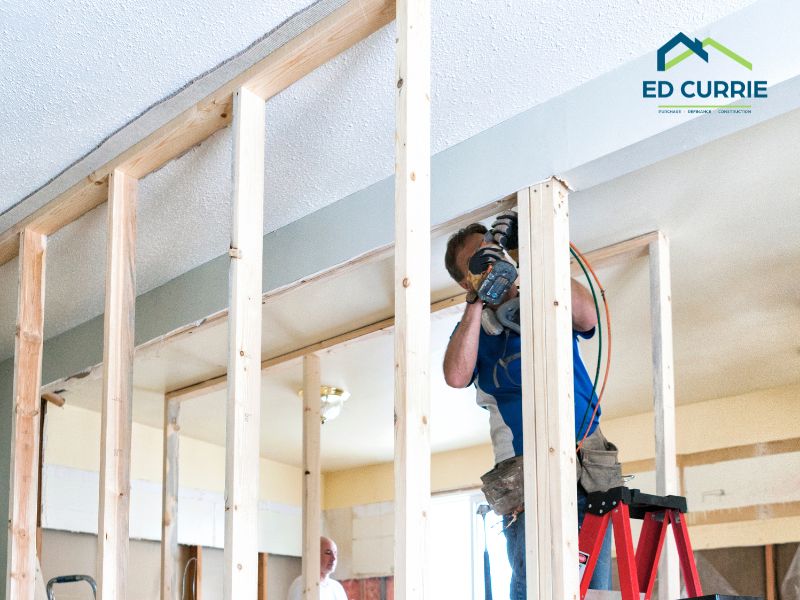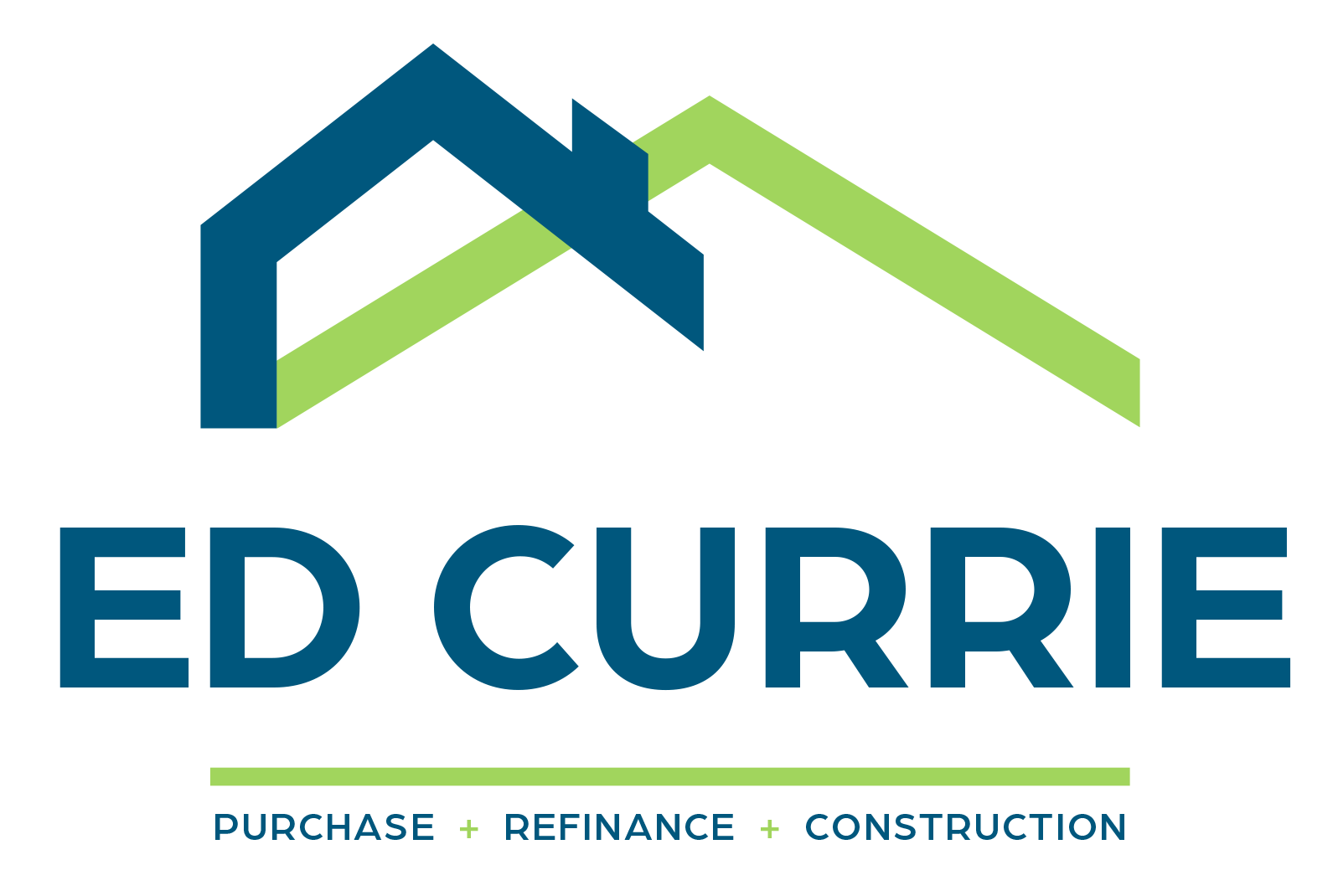 When searching for your dream home, it’s easy to be captivated by renovations such as a remodeled kitchen, a finished basement, or a newly built deck. However, these enticing features can become financial and legal liabilities if they were completed without the necessary permits. To help you navigate this potential pitfall, we outline the risks of purchasing a home with unpermitted work and how to protect yourself as a buyer.
When searching for your dream home, it’s easy to be captivated by renovations such as a remodeled kitchen, a finished basement, or a newly built deck. However, these enticing features can become financial and legal liabilities if they were completed without the necessary permits. To help you navigate this potential pitfall, we outline the risks of purchasing a home with unpermitted work and how to protect yourself as a buyer.
Understanding Unpermitted Work
Unpermitted work refers to any modifications or construction on a home that were completed without obtaining the required permits. Since building codes and permit regulations vary by location, what requires a permit in one municipality may not in another.
Before purchasing a home, you can:
- Review the property disclosure statement provided by the seller, which lists any modifications made to the home.
- Contact the local building department to check whether permits were pulled for renovations. Some municipalities provide online access to permit records.
- Consult with the homeowner’s association (HOA), if applicable, as they may have permit records on file.
Why Homeowners Skip Permits
There are several reasons homeowners might bypass the permitting process, including:
- Cost Savings: Avoiding permit fees and inspections can reduce expenses.
- Time Constraints: Obtaining permits can be time-consuming and involve bureaucratic delays.
- Tax Implications: Some homeowners believe that avoiding permits will prevent an increase in their property’s assessed value and, consequently, their property taxes.
- Permanent Residence Plans: Some homeowners who intend to stay in their homes long-term may see little reason to obtain permits.
Risks of Buying a Home with Unpermitted Work
- Financial Liability for Retroactive Permits
If local inspectors discover unpermitted work after you purchase the home, you may be required to obtain a retroactive permit. This can involve:
- Paying for inspections and approvals.
- Making costly modifications to bring the work up to code.
- Paying back taxes on the increased home value, as well as any applicable penalties.
- Potential for Forced Removal
In some jurisdictions, homeowners may be required to remove unpermitted additions entirely. Even if demolition is not required, parts of the work may need to be redone to comply with building codes, adding unexpected costs and delays.
- Insurance Coverage Denial
Unpermitted renovations can jeopardize your homeowner’s insurance policy. If an issue arises—such as an electrical fire caused by faulty wiring or an injury on an unpermitted deck—your insurer may deny the claim. In some cases, discovering unpermitted work after purchase may even invalidate your policy, leaving you financially exposed.
How to Protect Yourself as a Buyer
- Work with a Trusted Real Estate Agent
A knowledgeable real estate agent can help identify potential risks and ensure that unpermitted work is accounted for in your offer. They can also assist in negotiating terms that protect you from liability.
- Get a Comprehensive Home Inspection
A professional home inspector can identify unpermitted work and any associated risks. Additionally, they can cross-check local permit records to determine if proper approvals were obtained.
- Negotiate with the Seller
If unpermitted work is discovered before you finalize your purchase, consider these options:
- Request the Seller to Obtain Permits: Sellers can be required to legalize any unpermitted renovations before closing.
- Negotiate a Price Reduction: If the seller refuses to obtain permits, they may offer a discount to compensate for the potential costs and risks.
- Include Legal Protection in the Purchase Agreement: Work with a real estate attorney to include a contract clause requiring the seller to address permitting issues before closing.
Purchasing a home is one of the most significant investments you’ll make, and ensuring all renovations are properly permitted is essential for long-term financial security. By conducting due diligence, working with experienced professionals, and negotiating effectively, you can avoid costly surprises and confidently invest in your future home.




![EdCurrie_Logo White[Transparent] EdCurrie_Logo White[Transparent]](https://edcurrie.com/wp-content/uploads/elementor/thumbs/EdCurrie_Logo-WhiteTransparent-qybu3sjgpfhje9098uitv7fpt7os2hgn52gfy6ocx4.png)